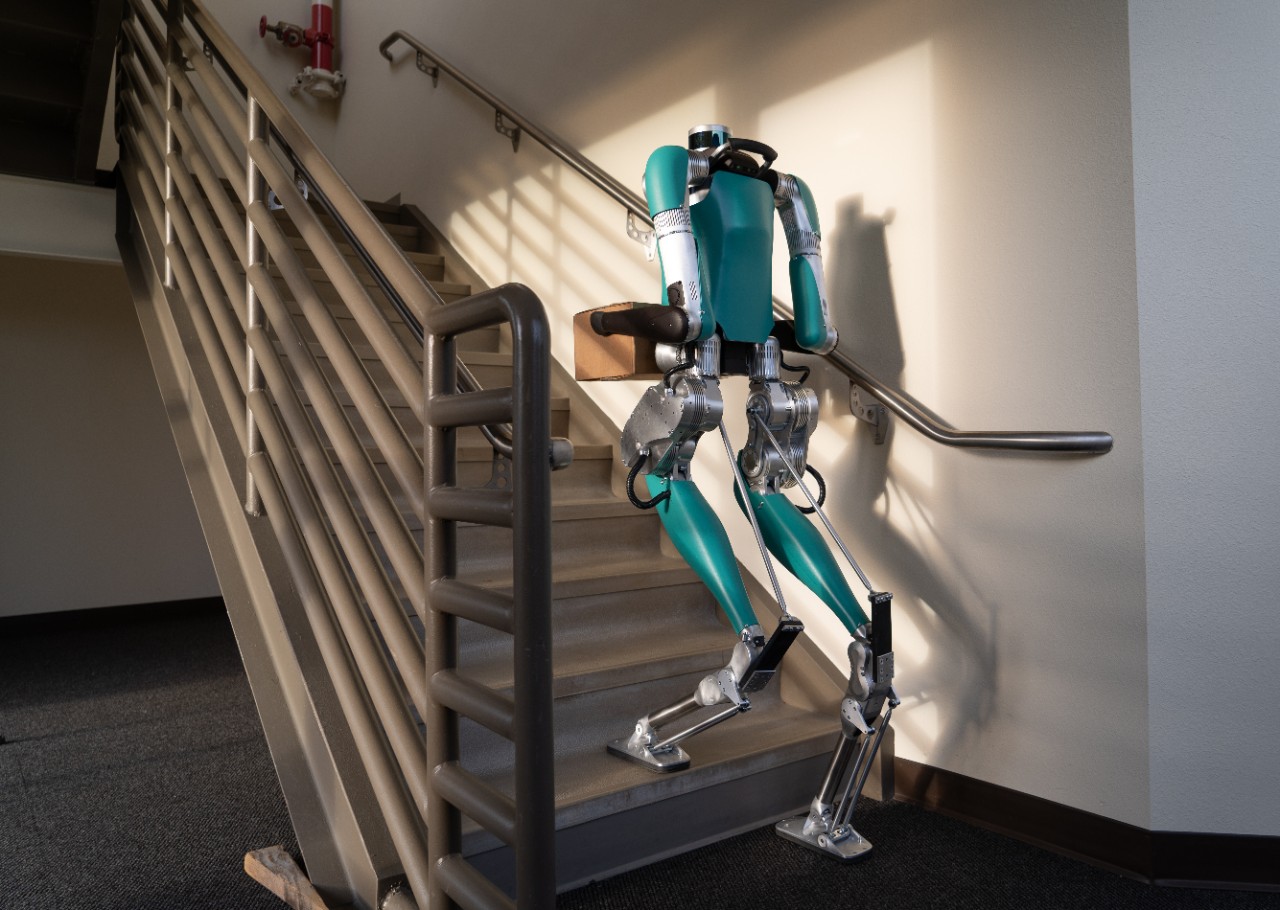Although they'll never find another Kiva (value/price, simplicity, ROI) a company like Amazon, with 1.5 million employees and possible warehouse overbuilding is going to be attracted to workers that don't unionize and can be moved around from location to location.
From TechCrunch, April 21:
Meet the first 5 startups in Amazon’s new $1B industrial innovation fund
Amazon launched Thursday a $1 billion fund focused on logistics, the supply chain and customer fulfillment with focus — at least in this first batch of investments — on wearable technology that improves safety in its fulfillment centers and robotics.
The Amazon Industrial Innovation Fund follows other investment activities by the company aimed at finding, backing and sometimes acquiring companies working on technology critical to its own mission. Amazon launched a $2 billion Climate Pledge Fund in 2020 to invest in sustainable technologies and services that will help the company reach its commitment to be net-zero carbon in its operations by 2040. Amazon’s climate fund has invested in 11 companies to date, including CarbonCure, CMC Machinery, Pachama, Redwood Materials, Resilient Power, Rivian, TurnTide Technologies, BETA Technologies, Ion Energy, ZeroAvia and Infinium.
The new industrial innovation fund taps into Amazon’s need to find faster ways to deliver goods, while improving the experience of customers and employees working in warehouses and logistics, according to the company. It also aims to build off of Amazon’s previous investments in AI and robotics that have led to adding improvements into its operations, including robotic arms that perform repetitive tasks and automation vehicles that can help transport larger items.
Amazon announced five initial investments into startups developing wearable technology and robotics. Amazon did not disclose the investment amounts. Here’s a breakdown of what each company is working on.
Agility Robotics
Image Credits: Ford/Agility Robotics
The Corvallis, Oregon startup founded by Jonathan Hurst and Damion Shelton, is best known for its bipedal walking robot named Digit. The robot is meant to address the “mobility limitations of traditional robots,” according to Amazon. That’s another way of saying Digit can get to places — namely stairs — where wheeled bots cannot.
Agility spun out of Oregon State University in late 2015 with an aim to commercialize research on bipedal locomotion from the Dynamic Robotics Laboratory. The company introduced its ostrich-inspired Cassie robot in 2017 as a bipedal research platform. Digit, which added an upper torso, arms, sensors and additional computing power to the Cassie design, was introduced in February 2019....
....MUCH MORE
